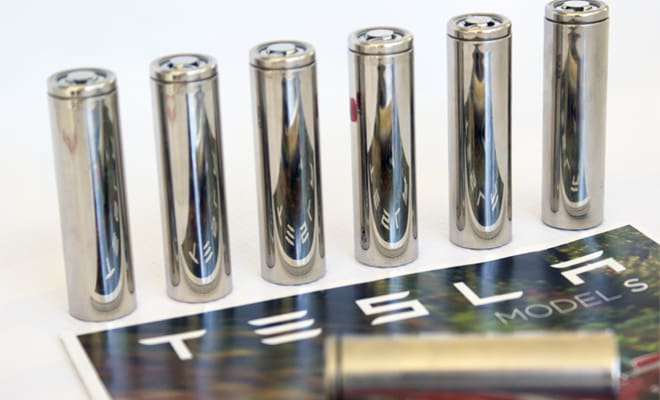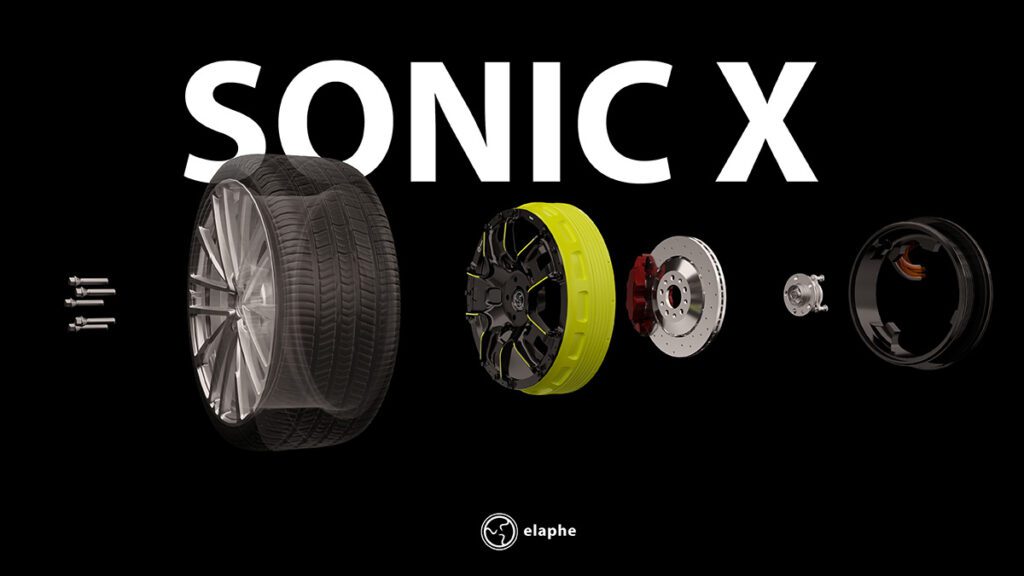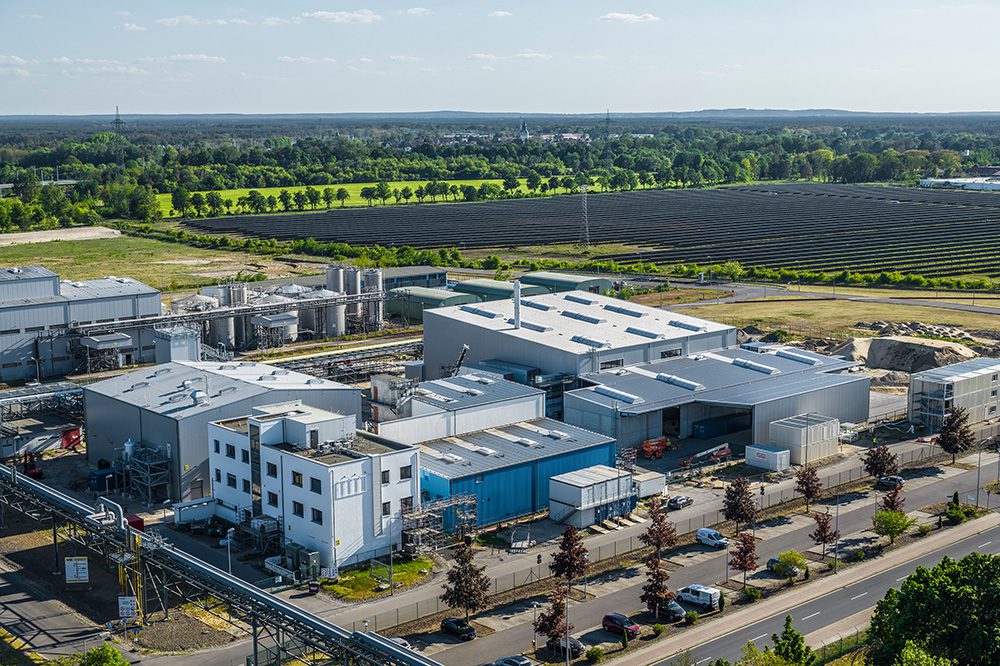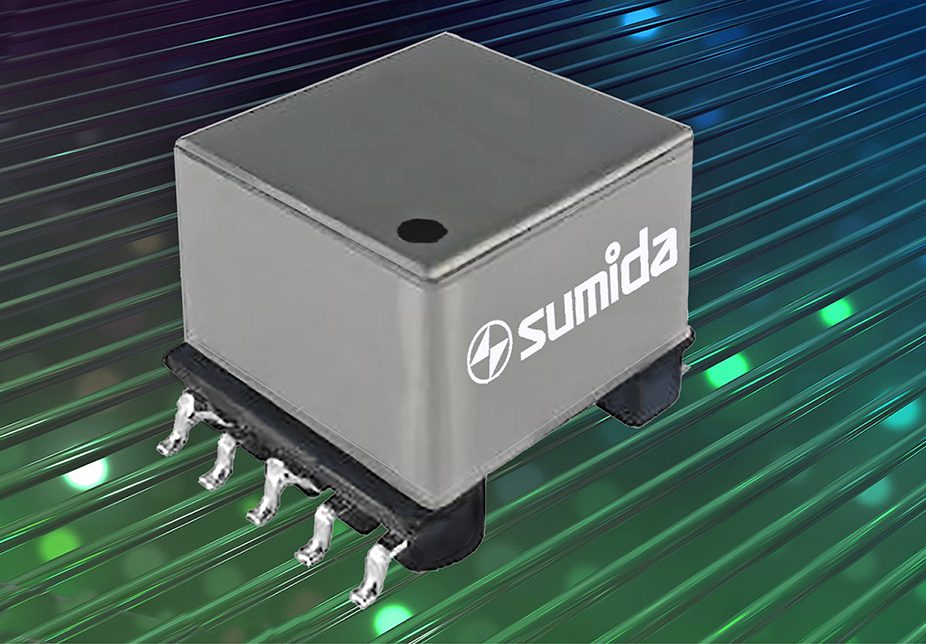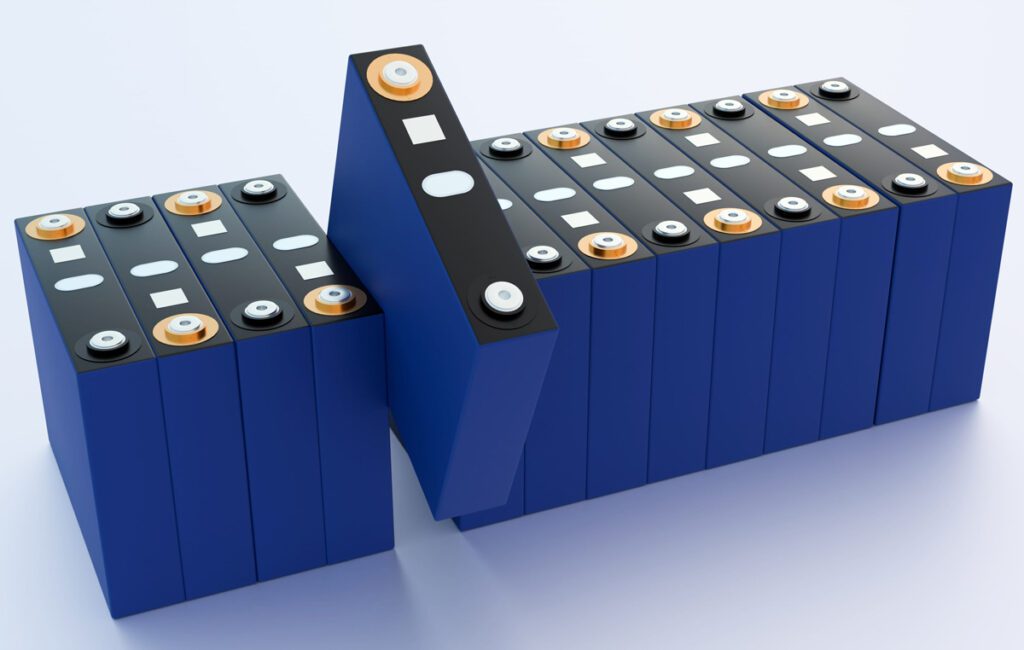How do you solve a problem like cobalt? The blue metallic element is used in significant quantities in EV batteries, but half the world’s supply of comes from the Democratic Republic of Congo, a war-torn land in which child labor is common. Several automakers are already taking steps to reduce their use of the costly and controversial stuff.
Tesla has been working for some time to reduce its use of cobalt. The company’s latest Conflict Minerals Report details its “responsible sourcing” policy.
“There is very little cobalt in Tesla’s battery cells…as we mainly use NCA batteries, which contain substantially less cobalt than NMC batteries,” says Tesla. “Cells used in Model 3 production are the highest energy density cells used in any electric vehicle. We have achieved this by significantly reducing cobalt content per battery pack while increasing nickel content and still maintaining superior thermal stability.”
However, the company does use “a few kilograms” of cobalt in its vehicles, so it has investigated its supply chains to ensure that it isn’t contributing to human rights abuses: “We have visited many cobalt mines and processing plants that support Tesla’s main supply chain, as well as potential future suppliers throughout the world. We discuss with these suppliers the major risks they face and the practices they have implemented to mitigate these risks, including chain of custody controls and iterative checks performed from mining until customer delivery to combat illegal or artisanal ore use; on-site security and access control; hiring practices and management engagement to protect against child labor onsite; internal and third party audit practices; and engagement with local communities to maintain a positive social license to operate.”
The report also discusses some of the other exotic materials that go into EVs, including columbite-tantalite (tantalum), cassiterite (tin), gold, and wolframite (tungsten).
“Tesla is committed to only sourcing responsibly produced materials,” reads the report. “In addition to the Tesla Supplier Code of Conduct, Tesla has a Human Rights and Conflict Minerals policy that outlines our expectations to all suppliers and partners that work with us. We strictly follow all U.S. and foreign law, and require our supply chain to do the same. All of our contracts require suppliers to adhere to our human rights policy and environmental and safety requirements. Tesla is committed to making working conditions in Tesla’s supply chain safe and humane, ensuring that workers are treated with respect and dignity, and that manufacturing processes are environmentally responsible.”
Source: Electrek







